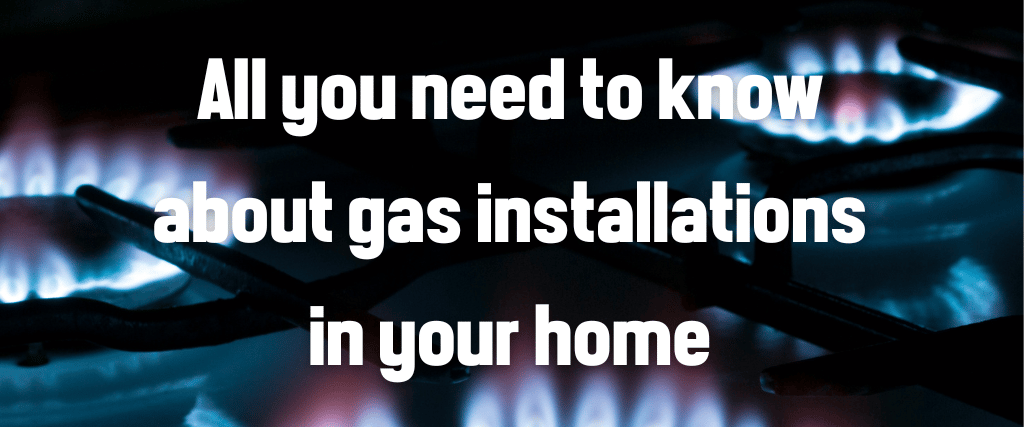
A large portion of homeowners have changed to gas installations in their homes as a result of increased load shedding and the rising cost of electricity in South Africa. It’s important for a property to remain compliant in order to meet specific regulations to ensure insurance policies remain valid.
Important: If you suspect a gas appliance is unsafe it is best to turn the appliance off immediately. Do not touch it until it has been checked by a registered gas engineer. Open all the doors and windows to air out the room. Ensure that you have shut off the supply at the meter control valve.
Gas Certificate:
The Gas certificate states that the installation on the propty has been properly inspected. The property is deemed to be safe and leak free. Only an authorised person who is registered with the Liquefied Petroleum Gas Safety Association of Southern Africa (LPGAS) may issue the certificate.
Any homeowner who has a gas installation in place must have this certificate as per regulations. This is usually obtained during the installation phase. Top tip: Homeowners must ensure that they have this certificate in their possession, not the gas installer.
In the unfortunate event that your home is damaged or destroyed, as a result of a defective appliance – and you do not have a valid certificate issued - the insurance implications could be significant.
Regulations for gas installations:
Gas bottles may not be installed:
- Less than 1 metre sideways from doors and windows
- Less than 2 metres from drains and air vents
- Less than 3 metres below windows (unless a non-combustible roof is installed)
- Less than 1 metre from the property boundary wall (unless it is a fire wall)
- Less than 5 metres sideways away from a switchable electric point or plug switch
- Light bulbs cannot be less than 1.5 metres above a gas bottle.
Other installation rules:
Only class 1 or 2 copper pipes, or other approved gas piping, may be used (Note: This is not the same copper piping as used by plumbers)
- Copper pipes going through a wall must be sleeved
- Approved flexible gas hose may not be more than two meters long and may not go through any partition (including wood, dry wall, cupboard wall etc)
Preparing for your Gas Compliance inspection
